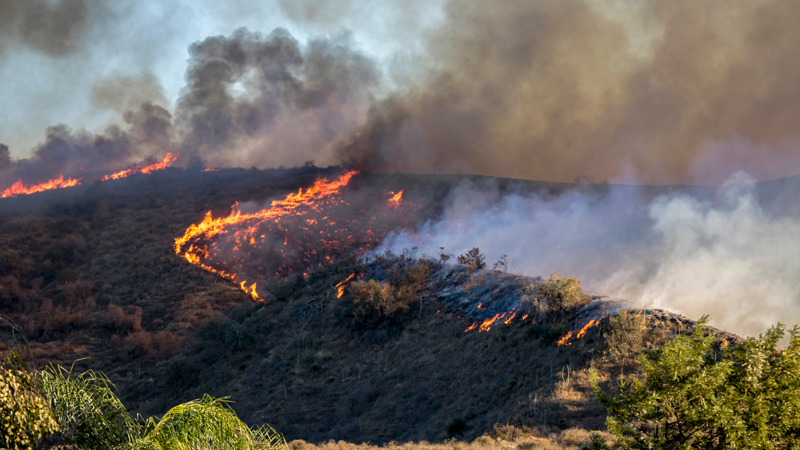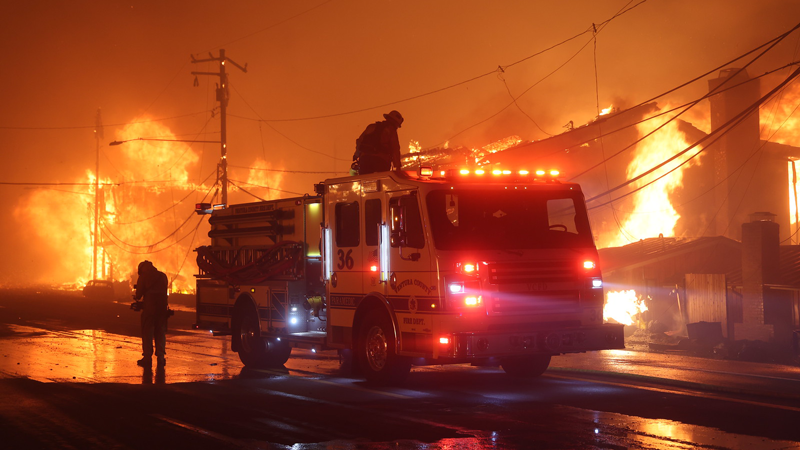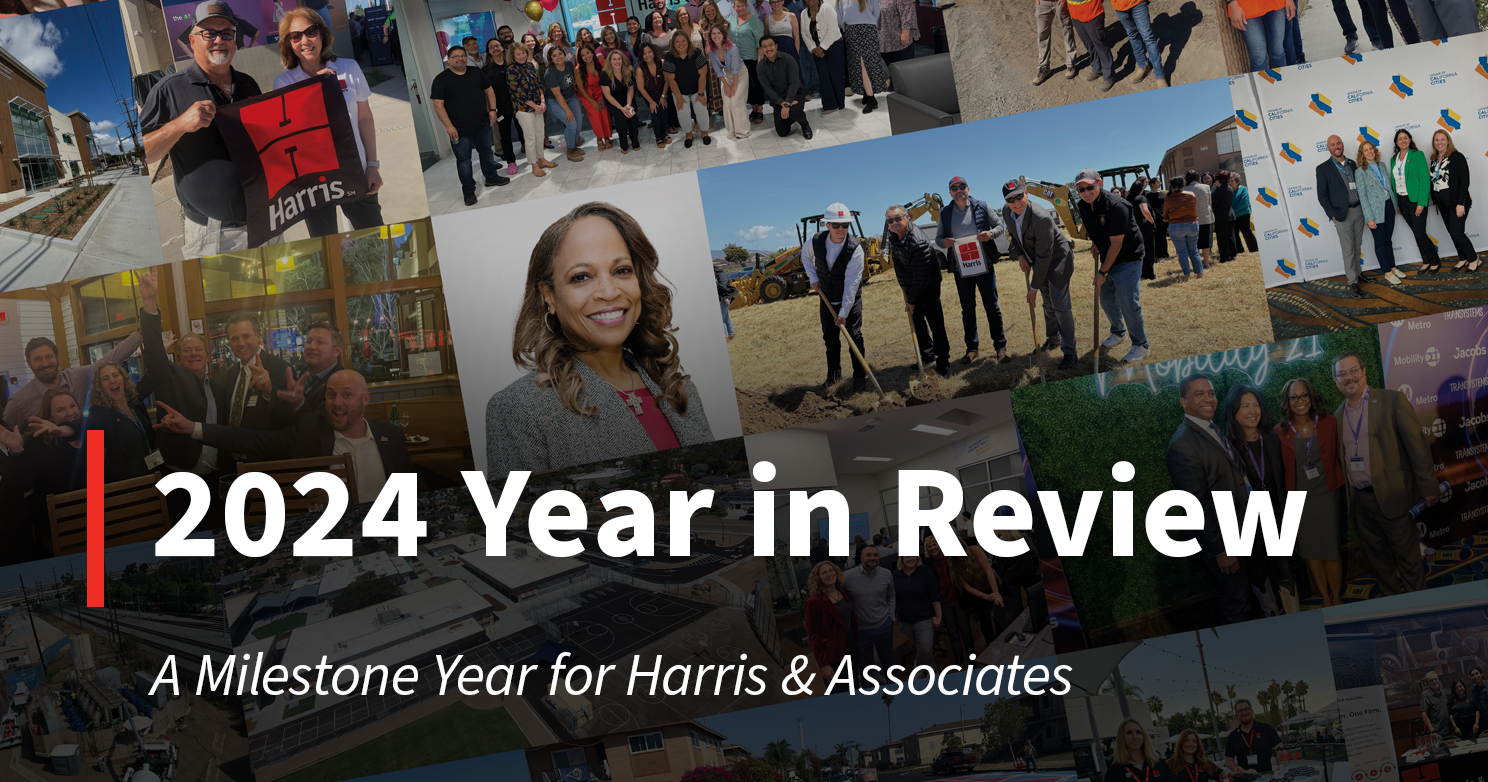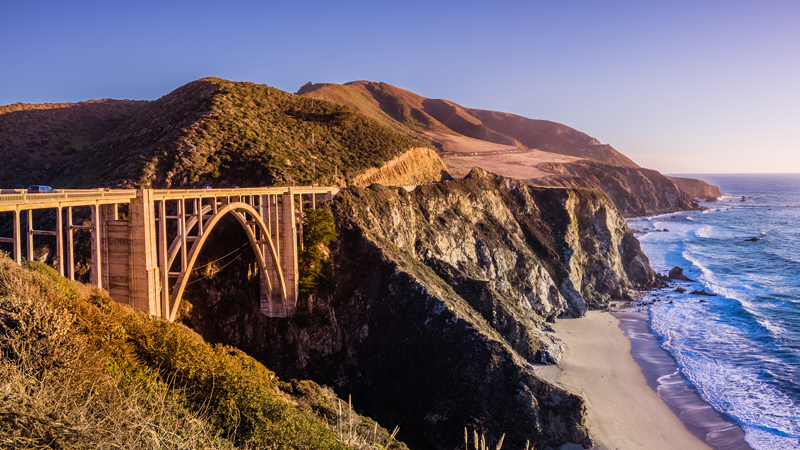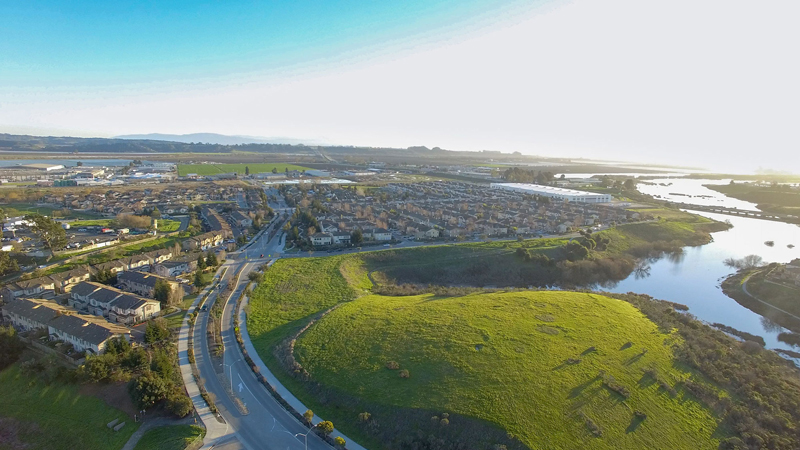3.9 minute read
September 29, 2015
“What exactly does a construction manager do on a project?”
It’s surprising how often I hear this question from potential clients and my fellow industry professionals. It’s even more surprising how many people do not really understand the basic definition of construction management (CM), despite their years of working in this industry.
Let’s go straight to the source. The Construction Management Association of America (CMAA) defines construction management as “a professional practice applied to construction projects from project inception to completion for the purpose of controlling time, cost, scope and quality.”
Based on this definition, you can think of CM as a preventive or passive measure of sorts: Construction managers are responsible for limiting risk and liabilities for owners, both financial and physical. But that’s just the start. CM today is so much more.
Setting the Record Straight
New project delivery methods—like design-build and integrated project delivery—and a changing industry landscape have called into question the traditional CM definition and role. For instance, some owners have questioned the value of a construction manager with delivery methods built around a single entity.
As stated in a previous post, the definition of construction management has not kept pace with its own evolution. Some general contractors and even owners also incorrectly believe CM equals inspection services, or worse—a troublemaker intent on making lives more difficult.
The time has come to “reboot” construction management. Construction managers need to create new workplace partnerships and practices that will help accurately redefine their roles in the current construction environment. Since actions speak louder than words, the best way to prove our value, regardless of the project delivery method, is to demonstrate ROI.

Leadership for Rent
 Construction management has expanded beyond controlling time, cost, scope and quality for owners. The phrase “acting as the owner’s representative” no longer suffices to fully encapsulate what a CM does. We have reached an important juncture where construction managers are serving as leaders and mediators—both on specific projects and within our industry as a whole.
Construction management has expanded beyond controlling time, cost, scope and quality for owners. The phrase “acting as the owner’s representative” no longer suffices to fully encapsulate what a CM does. We have reached an important juncture where construction managers are serving as leaders and mediators—both on specific projects and within our industry as a whole.
Yes, new delivery methods have changed the landscape of construction, but at their core, project management principles remain the same:
- Collaboration and teamwork lead to project success. Today’s construction managers are leaders who help build great teams and deliver successful projects.
- Good communication is vital. Construction managers serve as a central point of communication for all project parties, providing high-altitude supervision of the project to coordinate resources, control costs and meet deadlines.
- Customer satisfaction remains paramount. The construction manager serves as an interpreter for the owner, helping to translate complicated technical aspects of projects.
Construction managers aren’t alone in defining or shaping this role. Owners are demanding optimal project management with collaboration and innovation at the center, and they are looking to construction managers to fulfill this vision.
A recent study by McGraw- Hill Construction, in partnership with the CMAA Foundation, found that: “Leadership is a key benefit of professional CM: 82 percent of owners who used Agency CM gave their CMs top ratings for leading the project team.” (i)
Additional findings included:
- 86 percent rated their CMs highly for facilitating communication on the project.
- 85 percent gave top scores for avoiding or navigating project crises.
- 81 percent said their CMs were highly or very effective in assuring that the project team met its contract obligations.
The Right Time to Involve a Construction Manager
Experience has shown that the earlier the construction manager is involved in the project, the better, especially pre-bid. New delivery methods naturally call for all project participants to take seats at the table earlier than in the traditional design-bid-build method.
Construction managers can help owners and project participants work through issues and solutions ahead of time and develop proper contract language to prevent litigation. They can even advise owners on which delivery method to use for the project.
The following graphic illustrates the various duties a construction manager can fulfill throughout to benefit all stakeholders throughout the project lifecycle.

The Construction Manager Role Throughout the Project Lifecycle
Do you agree it’s time to correct and expand our definition of CM? How can construction managers continue to grow in their role as leaders and win over new partners and owners? Let me know your thoughts.
In my next blog post, I will discuss new delivery methods and which one may be right for your project.
(i) CMAA Foundation, McGraw Hill Construction. “Study Finds: CMs Help Projects Succeed”. 12 November 2013. http://cmaanet.org/files/CMAA%20Value%20of%20CM%20web.pdf
Authors
Eric Jackson, CCM, QCM, SMS, CHST
Markets
Municipal
Education
Water
Transportation
Services
Categories
AEC Industry
CMAA

